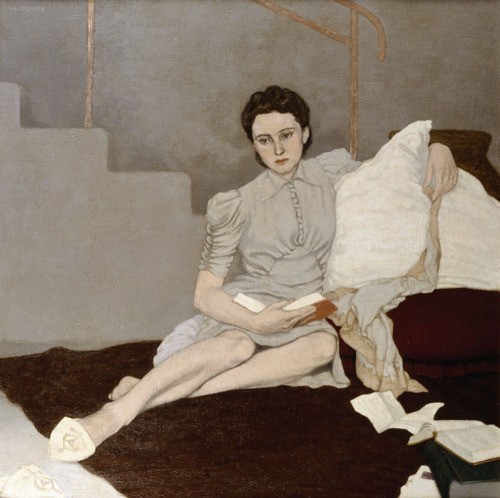Tuesday
I share today a good article about the value of literature in a world where far too many people agree to believe in preposterous fabrications. Author Brian Castleberry, writing for Literary Hub, talks about the prevalence in America of cognitive dissonance, which he defines as
our ability to believe in two contradictory ideas at once and the struggle this creates, namely, the tension as we try to form perceptions to fit what we want to believe about the world and ourselves, even when we rationally know we’re wrong.
Trumpism, Castleberry says, has been engaging in cognitive dissonance on steroids. Or as Castleberry puts it,
The Trump years were like a big-budget theatrical production of cognitive dissonance, mainly because many of us were only in the audience, watching the process work on nearly half the country, powerless to stop it. At each stage of his nomination, election, and presidency, we were asked to believe increasingly impossible things in order not to see what was right before our eyes. I say “we,” but again, not really all of us—one of the most significant changes in these past years is that a major political party stopped talking to Americans in general, and instead only talked to their Americans, wrapping those self-selected folks in patriotism for going along with the demanding wackiness of the storyline. From the beginning, in order not to face consequences for their lack of preparation, their criminal and near-criminal behavior, their open flirtation (if not outright use) of a foreign power’s meddling in the election, a conspiracy had to be born. The “deep state” gave way to “Obama spying” and eventually to straight-up “Dems are blood-sucking child molesters.”
There’s a storytelling dimension to what is going on, which as a fictional author Castleberry recognizes and which he uses his own storytelling to examine:
I’ve grown more aware of how people are predominately shaped by narratives and often by misconceptions, and that we almost always act out of a sense that we’re doing the right thing, no matter how vile. Analyzing the fault lines between what a character thinks they’re doing and the real effect they’re having on others has become central to my process.
And here’s where fiction can come to our rescue:
Fiction has the power to help us dismantle the garbage ideas that maintain our society’s cognitive dissonance. Good fiction (of whatever genre) shows us something about being human, how we connect to one another, how we fit in history, and how we wrestle with the forces around us. It has the ability to strengthen reality, to reaffirm what we actually see in front of us, to foster empathy. It doesn’t answer questions so much as it leaves one asking more questions. Rather than shutting down thinking, it demands that we participate in both thinking and creating.
Castleberry mentions some of the contemporary authors he believes are writing such fiction:
When I consider debut books I’ve admired from this last disastrous year, by writers like Megha Majumdar, Asako Serizawa, Kelli Jo Ford, Michael Zapata, and Dantiel W. Moniz (or forthcoming collections from Farah Ali and Ye Chun), I’m heartened by how writers of vastly different aesthetic approaches can be working on the same wide-ranging project. These are writers interested in the dynamics of power, trauma, and grace. They see how history weaves through our present. And they dig past our surface-level thinking to seek what fiction is made to discover: truth.
Castleberry’s article brings to mind a Salman Rushdie article I blogged on three years ago. Also thinking of Trump, Rushdie wrote that great fiction helps us maintain our bearings against an onslaught of lies:
[A]s far as writers are concerned, we need to rebuild our readers’ belief in argument from factual evidence, and to do what fiction has always been good at doing—to construct, between the writer and the reader, an understanding about what is real. I don’t mean to reconstruct the narrow, exclusive consensus of the nineteenth century. I like the broader, more disputatious view of society to be found in modern literature. But when we read a book we like, or even love, we find ourselves in agreement with its portrait of human life. Yes, we say, this is how we are, this is what we do to one another, this is true. That, perhaps, is where literature can help most.
Perhaps a silver lining of our times is that people will turn to literature as they realize how much they need to be grounded in what is real. Truth is the pearl that rich men cannot buy, William Cowper asserts in The Task. We need it at times like these.


